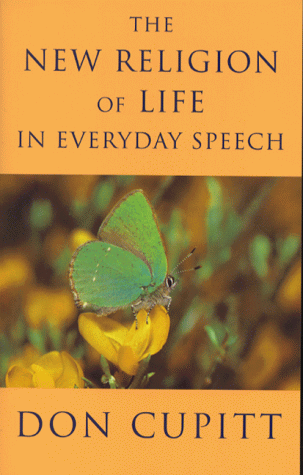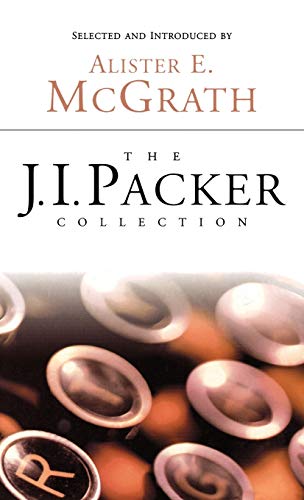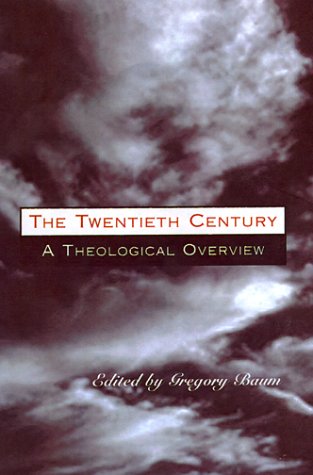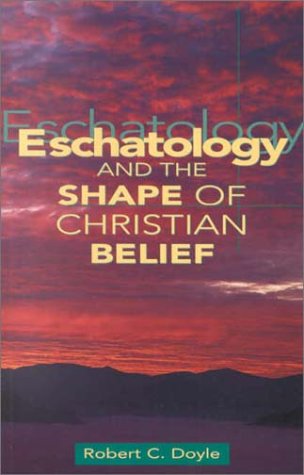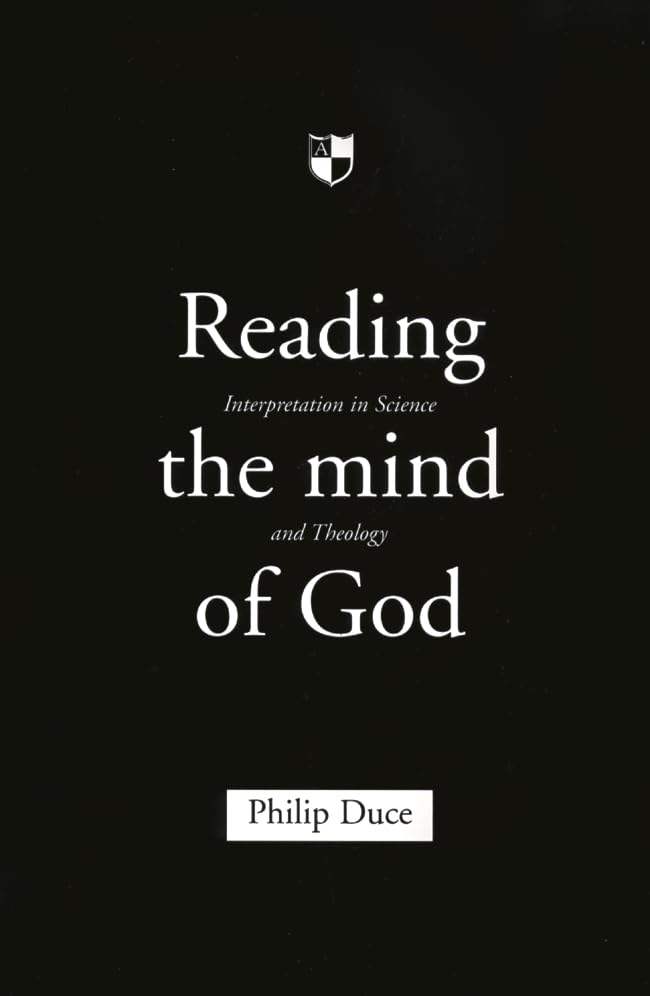The New Religion of Life in Everyday Speech
Written by Don Cupitt Reviewed By Patrick RichmondDon Cupitt is an Anglican priest who has abandoned orthodox Christian belief in various, ever more sceptical ways, seeing the object of religious attention as unknown and ineffable, then as a mere moral and spiritual ideal, and finally as contingent existence itself. Rejection of a real God has led to rejection of realistic views of morality and science, such that evangelicals might be tempted to see Cupitt as a warning to all who take leave of God. However, this book marks something of a new methodological departure. Cupitt claims that talk about a real God has almost disappeared from common speech, but that religious attitudes and feelings persist and have come to be refocused about ‘life’. A substantial body of relatively new idioms has sprung up, expressing, according to Cupitt, a surprisingly coherent, radical, religious philosophy, replacing God with life itself.
The idioms he has in mind are such things as ‘the sanctity of life’, ‘the meaning of life’, ‘quality of life’, and ‘get a life!’. Morality based on supposedly objective rules has been largely replaced by a plurality of ‘lifestyles’ and an implicit moral imperative merely to ‘live life to the full’. In the past a funeral oration might have centred on someone’s having loved God, but now it would be far more likely to celebrate the fact that they loved life. Cupitt explores the roots of this ‘coming to life’ in such things as the Romantic movement, philosophers of life and action such as Nietzsche and Bergson, and philosophical movements such as the pragmatists, phenomenologists and existentialists. He also notes the role of novelists like D.H Lawrence and Virginia Wolf who focused attention and value on human experience. He argues that the evolutionary theories of Hegel and Darwin helped overthrow pessimistic views of fallen human nature that inhibited the celebration of natural, human life.
All of this is interesting and stimulating, and plausibly does identify real shifts in popular sentiment. However, Cupitt makes the far less plausible, and largely unsubstantiated claim that such idioms express a coherent, essentially naturalistic philosophy of life. For Cupitt, life should be understood as finite, contingent mortality, rejecting belief in a supernatural power and an afterlife. However, opinion polls suggest that such belief remains widespread, despite people’s lack of commitment to clear, coherent religious traditions. It may be true that belief in judgement and hell has diminished, and that consequently belief in God and the afterlife no longer seems so important, but Cupitt is claiming something far more radical than this. Furthermore, many of the expressions to which he appeals might be used by traditional believers: Christianity has plenty of reason to foster reverence for and attention to life in this world. Cupitt hardly even tries to prove that most life idioms exclude there being more to life than is dreamt of in his own philosophy. Additionally, though it seems that there is a consensus that this life is important, I doubt that there is a consensus about why and in what ways it is important. I therefore remain unconvinced that there is a coherent philosophy either expressed or established by the wide variety of ‘life’ idioms to which Cupitt makes appeal.
Cupitt writes in an eloquent, informal style, but with endnotes suggesting eclectic learning. However, he hardly develops his arguments or methodology in a systematic, rigorous way. Indeed, Cupitt rejects attempts at systematic or dogmatic truth, favouring instead creative imagination and a pragmatic, instrumentalist view of language and science. Though there are stimulating observations, important questions and creative proposals, there is little interaction with evangelical concerns, and the argumentation is often weak. Therefore, while it may be essential to get a life, it is not essential to get this book.
Patrick Richmond
St Catharine’s College


